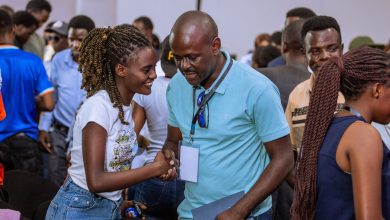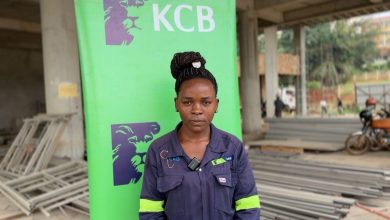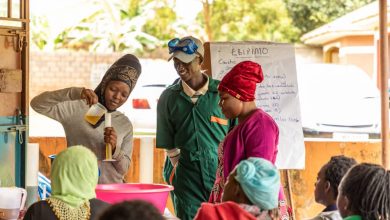
Girls in rural Uganda embrace internet, tap opportunities
On October 11, Uganda joined the rest of the world to celebrate the International Day of the Girl Child.
The day was celebrated under the theme: “Digital generation, our generation.”
Yet as we celebrate the digital milestones Uganda has achieved over the years, key questions remain as to whether the girl child, especially in rural areas, have benefitted from this revolution and whether it has impacted on their lives positively.
When we talk about digital revolution in Uganda, we are largely referring to the penetration of the internet and use of smart phones.
According to DataReportal, a website that tracks internet usage globally, there are 12.16 million internet users in Uganda as of January 2021.
The website also notes that the number of internet users in Uganda increased by 1.5 million between 2020 and 2021.
Most of the people use phones to access various services and information to that can improve their everyday lives. While others utilize the internet for business to earn a living.
The good news is that over the past few years, some rural areas in Uganda have gotten onto the groovy internet train thanks largely to improvements in the telecommunication infrastructure and extension of electricity to some of these areas.
Some of the direct beneficiaries of this revolution have been young girls and women.
Polly Ayome, 17, and her friends live in Namasagali village in Kamuli district, the eastern part of Uganda.
We found them trying to search the internet for health information related to Covid-19.
Ayome told us that the phone has become her best friend ever since the outbreak of the Covid-19 pandemic.
“Through the internet we have been able to get information on how to stay safe from Covid-19,” she said.
She has also used the internet for study purposes. A senior one student at Namasagali High School, Ayome said she constantly checks the internet to find answers to some of the questions they are asked in school.
Martha Kondanga, 18, a friend to Ayome said the internet had enabled her improve her tailoring and knitting skills.
“I go to the internet to get ideas about new fashion designs because I want to stand out,” she said.
Challenges, however, abound.
For instance, Ayome said the cost of buying internet bundles is quite prohibitive especially for young girls who are not employed. She depends on her guardian for financial support.
Some civil society organisations such as Plan International and Trailblazers Mentoring Foundation have stepped in to try to address the gaps. They are equipping young girls with computer skills so that they can be able to fully utilize the opportunities that the digital revolution presents.
Harold Owiny the project coordinator for Trailblazers Mentoring Foundation said girls need to be given these vital skills to make them self sufficient.
“These [computer] skills will help them cope with the digital world and to create their own jobs,” Owiny said.
The Kamuli Municipality education officer, Joseph Musoke, asked the government to construct computer learning centers in every sub-county such that even those in rural areas can enjoy the digital revolution.
For now, young girls like Ayome and Kodanga are grateful to government and telecommunication firms for extending some of the crucial services to their areas.
“Three years ago, I did not have an email address. I used to just hear about platforms like Facebook and WhatsApp from relatives in the city. Now I search the internet for information. It has helped me,” Ayome said.



